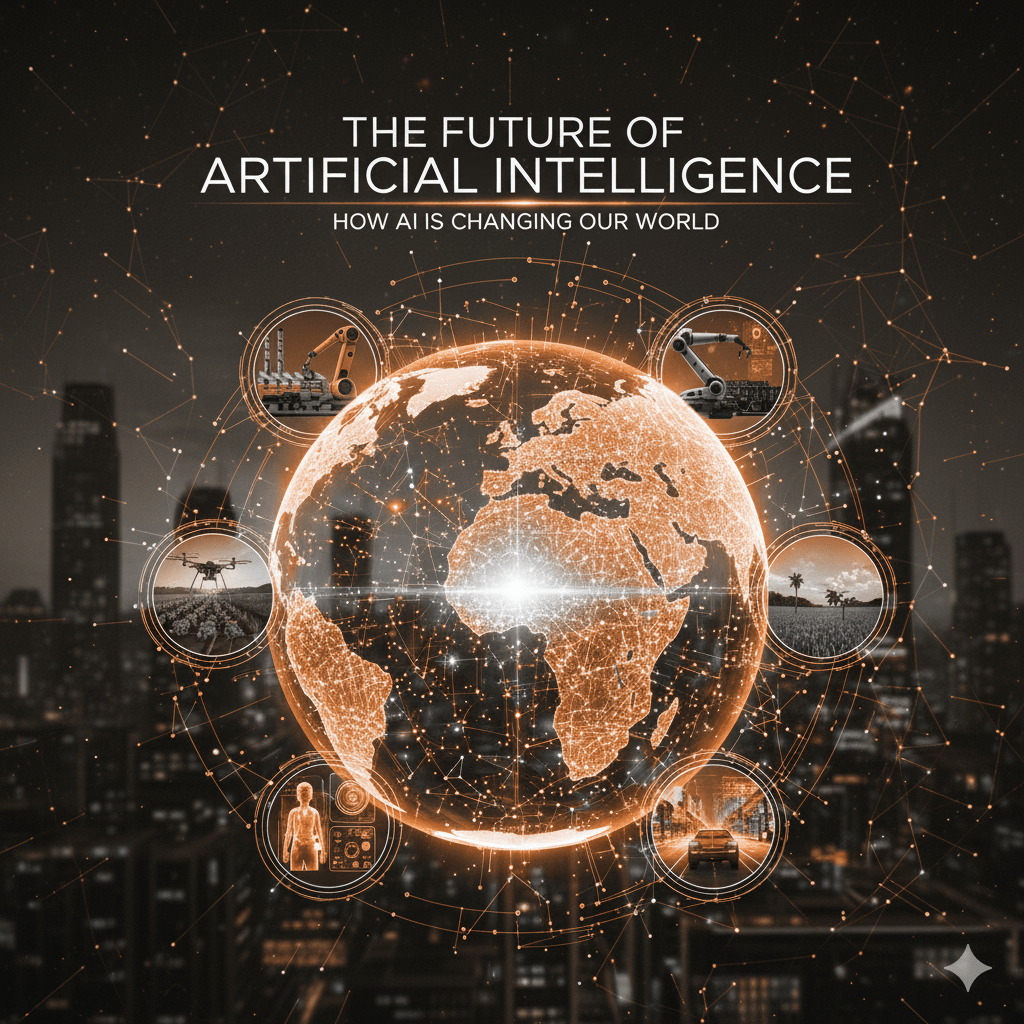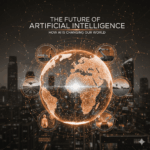Introduction
Artificial Intelligence (AI) is no longer a futuristic concept—it’s here, transforming industries and reshaping the way we live and work. From voice assistants like Alexa to self-driving cars and predictive analytics, AI has become an essential part of our daily lives.
What Is Artificial Intelligence?
AI refers to the simulation of human intelligence in machines that are designed to think, learn, and act like humans. It encompasses various technologies such as machine learning (ML), natural language processing (NLP), and computer vision.
These technologies allow computers to perform complex tasks—like recognizing faces, analyzing large data sets, or even generating creative art.
How AI Is Changing Industries
Healthcare: AI assists in disease prediction, faster diagnosis, and drug discovery.
Finance: Algorithms help detect fraud and automate trading.
Marketing: AI analyzes consumer behavior and personalizes content for better engagement.
Transportation: Self-driving vehicles and smart traffic systems make travel safer and faster.
Education: Adaptive learning systems help students learn at their own pace.
The Benefits of AI
Efficiency: Machines can process data much faster than humans.
Accuracy: Reduces human error in repetitive tasks.
Innovation: AI leads to new inventions, creative tools, and smarter systems.
The Challenges of AI
Despite its advantages, AI raises ethical concerns such as:
Job displacement due to automation.
Data privacy and security risks.
Algorithmic bias and decision-making transparency.
Conclusion
AI is reshaping the world in ways we couldn’t have imagined a decade ago. While challenges remain, its potential for good is enormous. The key lies in using it responsibly—to enhance human lives, not replace them.




